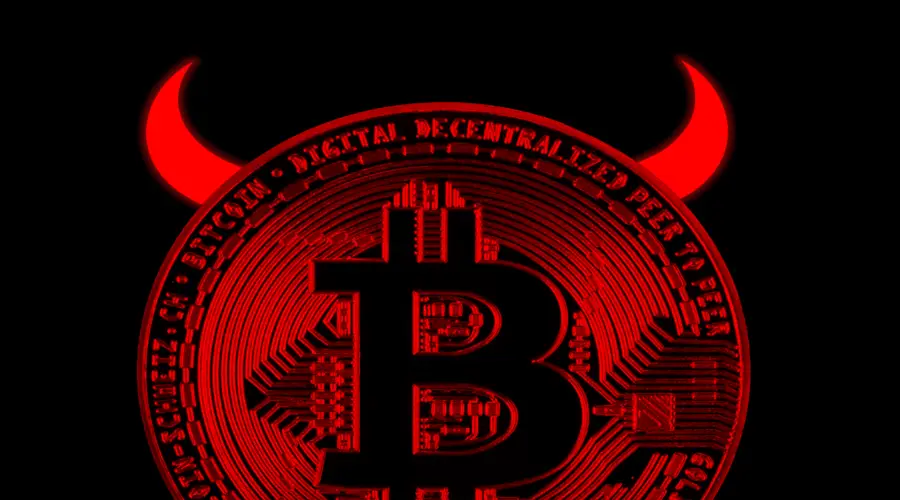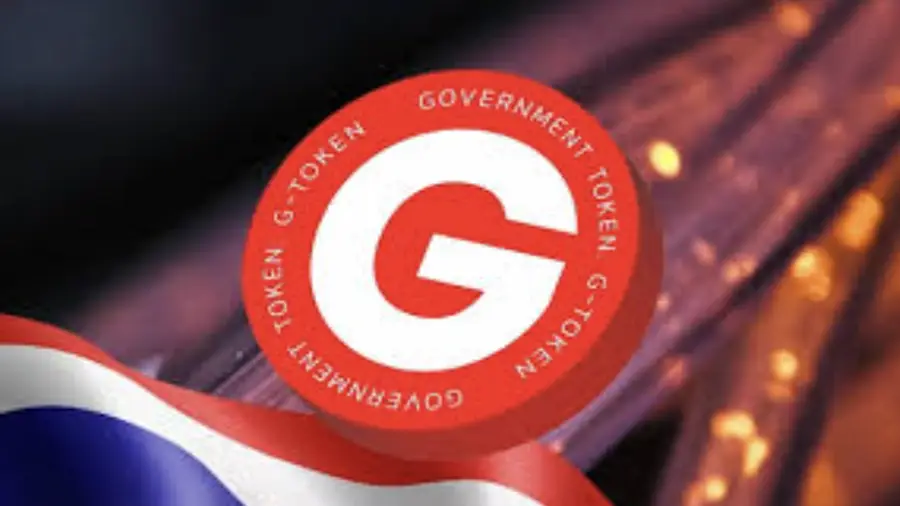For weeks Lebanon prepared for war. People talked about their alternative plans in hushed tones. The government said it was gathering contingency supplies for the public’s basic needs.
It all depended on Hezbollah Secretary General Hassan Nasrallah’s thoughts on the Hamas-Israel war, which he kept in his thoughts before breaking his almost month-long silence on October 7, this Friday (3). .
In a fiery speech from an undisclosed location, the reclusive head of the Iranian-backed Lebanese radical group praised Hamas and hailed the war as a “turning point” in the Arab-Israeli conflict.
He extolled the virtues of the crossfire that has been going on for weeks with Israel on Lebanon’s southern border, which he described as an “unprecedented battle.”
Nasrallah also said that Hezbollah would be “prepared for all scenarios” and that any escalation by the Israeli army on the border would be “historic madness” that would provoke a major response.
Yet for all the tough talk, Nasrallah was not beating the drums of war. He said Hezbollah’s “main objective” was to achieve a ceasefire in Gaza, and said it was up to the US – which he holds directly responsible for the bloodshed in the Palestinian enclave – to implement an end to hostilities.
What this tells us is that Nasrallah’s immediate plans do not include a broader conflict.
This may be a disappointment to many Arabs on the streets. When pro-Palestinian demonstrations gripped much of the region in recent weeks, many in the chants called on Nasrallah to go to war.
But it will be a relief to Israel’s Western allies, who fear a wider regional conflict and have repeatedly warned Nasrallah not to enter the fray.
Two US aircraft carriers – including the nuclear-powered USS Gerald Ford – were sent to the Mediterranean in an apparent attempt to deter Hezbollah.
That relief will be shared by many in Lebanon. The small Eastern Mediterranean country has barely recovered from the devastating economic crisis of 2019, and much of the population – although horrified by the rising death toll and widespread destruction wrought by Israel’s Gaza offensive – has been worn down by decades of war and crises.
Nasrallah may have been restrained by this popular sentiment, or he may have concluded, after weeks of deliberation, that his powerful paramilitaries have the most to lose in a war with Israel.
See also: Entry of Hezbollah is what would make the Israel-Hamas conflict regional, says expert
Source: CNN Brasil
Bruce Belcher is a seasoned author with over 5 years of experience in world news. He writes for online news websites and provides in-depth analysis on the world stock market. Bruce is known for his insightful perspectives and commitment to keeping the public informed.







